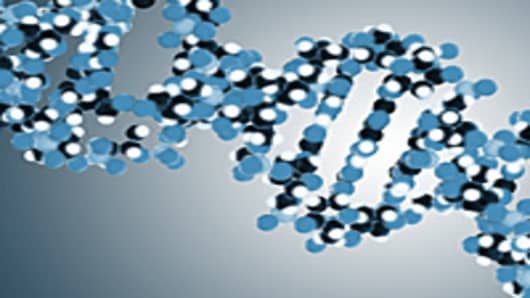For Foundation Medicine, the realization of our vision comes as we play a key role in the transformation of cancer care by enabling oncologists and pharmaceutical companies to understand each patient's cancer at the level of its molecular blueprint. We use our molecular profiling platform to identify the key drivers of a given tumor to help our clients use "targeted" drug to block the pathways that are causing the disease. When we get it right, the results for the patient can be quite impressive. This approach will revolutionize cancer management over time.
Why work with GV beyond the obvious, the Google name? Why should a health care company choose GV as an investor?
It's important, but for a reason that might not be obvious. As we build Foundation Medicine, and our sales reps reach into the smaller communities in the U.S. and even the international markets, potential clients might not immediately recognize the names of our founders, board members, or management team, even though many of the names are very well known in circles around Boston, New York and the [San Francisco] Bay area. However, everyone knows Google. It's a name that causes everyone to perk up, which is always beneficial to a great sales person.
Google is a tremendous resource for companies with diverse tech needs. To be clear, one does not have to be a tech company to have diverse technology needs. We have members of the extended Google Ventures team working with us to guide various technology-heavy initiatives at Foundation Medicine. My sense is that we have access to the world's expert as an adviser for every key Foundation Medicine effort that touches on a Google skill set. It would be very challenging for us as a relatively young company to access these resources without being involved with a group like Google Ventures. Google has opened up the keys to the Google domain for us.
[Our] dream has been accelerated, thanks to the involvement of Google Ventures. We're working our tails off. Consistently we hear from investors, pharma companies and oncologists, who say, "You guys are moving really quickly. You’ve done an awful lot for a company that’s only 3 years old." The relationship with Google Ventures has sped up the entire process.


